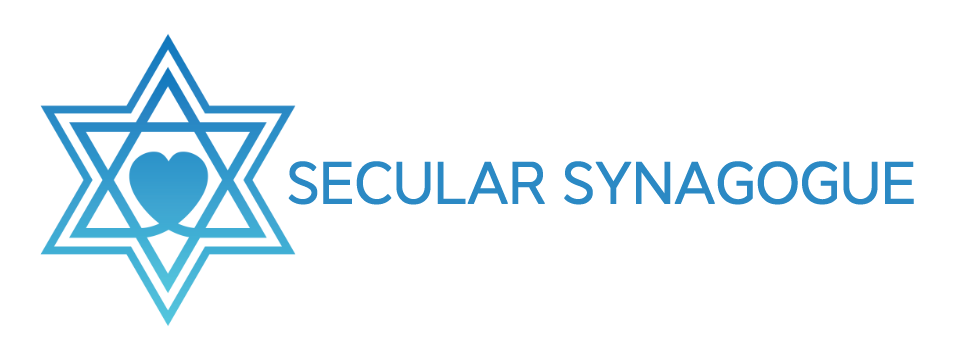Secular Synagogue. an online community launching this fall, aims to reach these people and help them integrate spirituality into their lives on a regular basis by bringing spiritual and cultural lessons into homes instead of requiring people to go out to congregations.
Read More